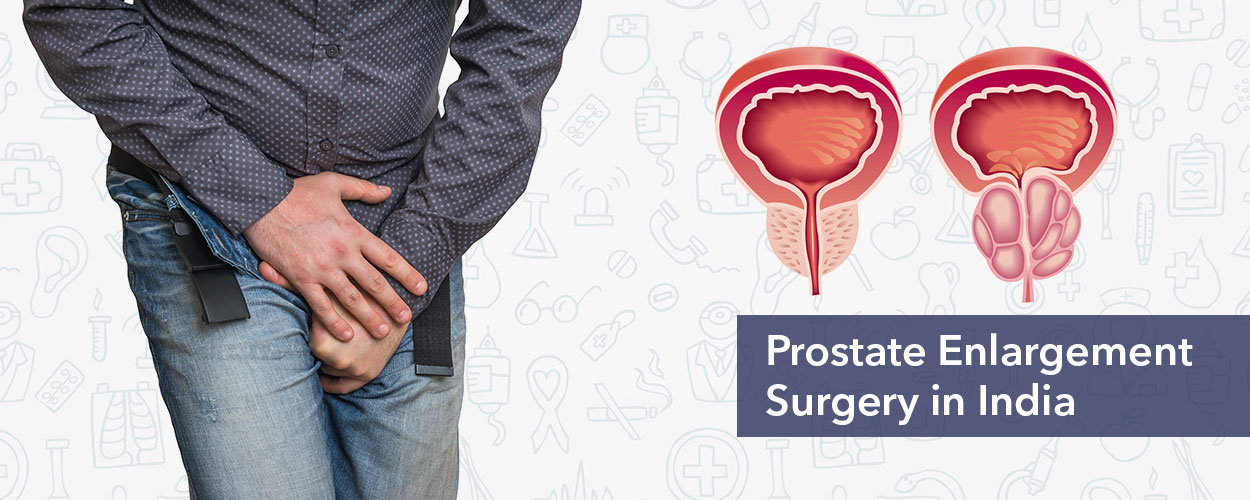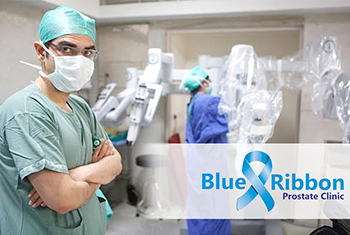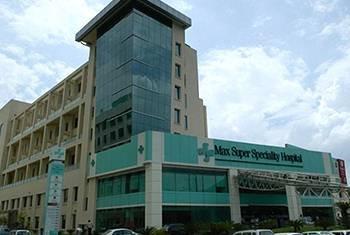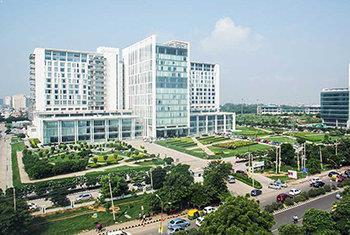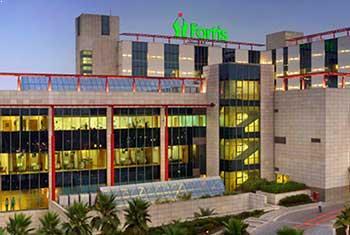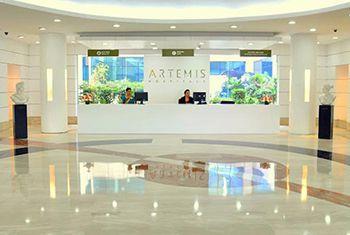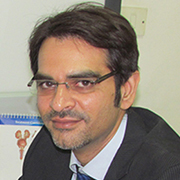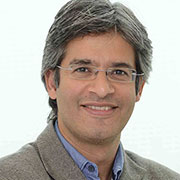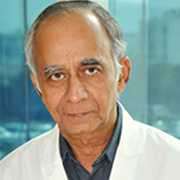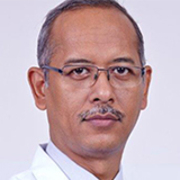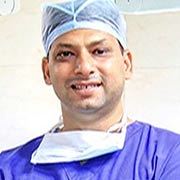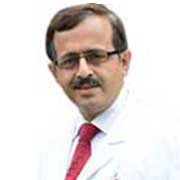Prostate Enlargement Treatment in india
Some of the tests used for the diagnosis of enlarged prostate in India are similar to those used for the diagnosis and confirmation of prostate cancer. However, there are a few other confirmatory tests as well. The most commonly used diagnostic tests for prostate cancer confirmation include the following:
Digital Rectal Examination (DRE):
In this diagnostic test, the Indian doctors insert a lubricated, covered finger into the rectum of the suspected patient to reach the prostate. The finger of the doctors touches the prostate gland and feels it check for any inflammation or abnormal growth. Upon finding out that the prostate is enlarged, the doctor may prescribe some other tests to confirm whether the enlargement is because of benign or cancerous growth.
Prostate-specific Antigen (PSA) Test:
This test is usually the second step in the diagnosis of prostate cancer and prostate enlargement. In this test, a blood sample is withdrawn from the patient and then sent to a laboratory. The laboratory technician runs a test to check for PSA levels, which is a chemical produced by both cancerous and non-cancerous growth in the prostate. But the levels are quite high in case of cancer and just above normal in case of BPH.
Uroflowmetry Test:
In this test, the doctor checks for how completely or quickly the patient is able to empty the full bladder. The time taken to empty the bladder, the amount of urine secreted and the time taken are some of the parameters that are noted during this test. While increased or normal urine flow indicates urine incontinence or stress, reduced flow is an indicator of prostate enlargement.
Post-void Residual (PVR):
In this test, the amount of urine left in the bladder after the patient has completely urinated is measured with the help of an ultrasound. An amount exceeding 100 to 200 ml usually indicates the presence of a blockage in the urinary tract.
